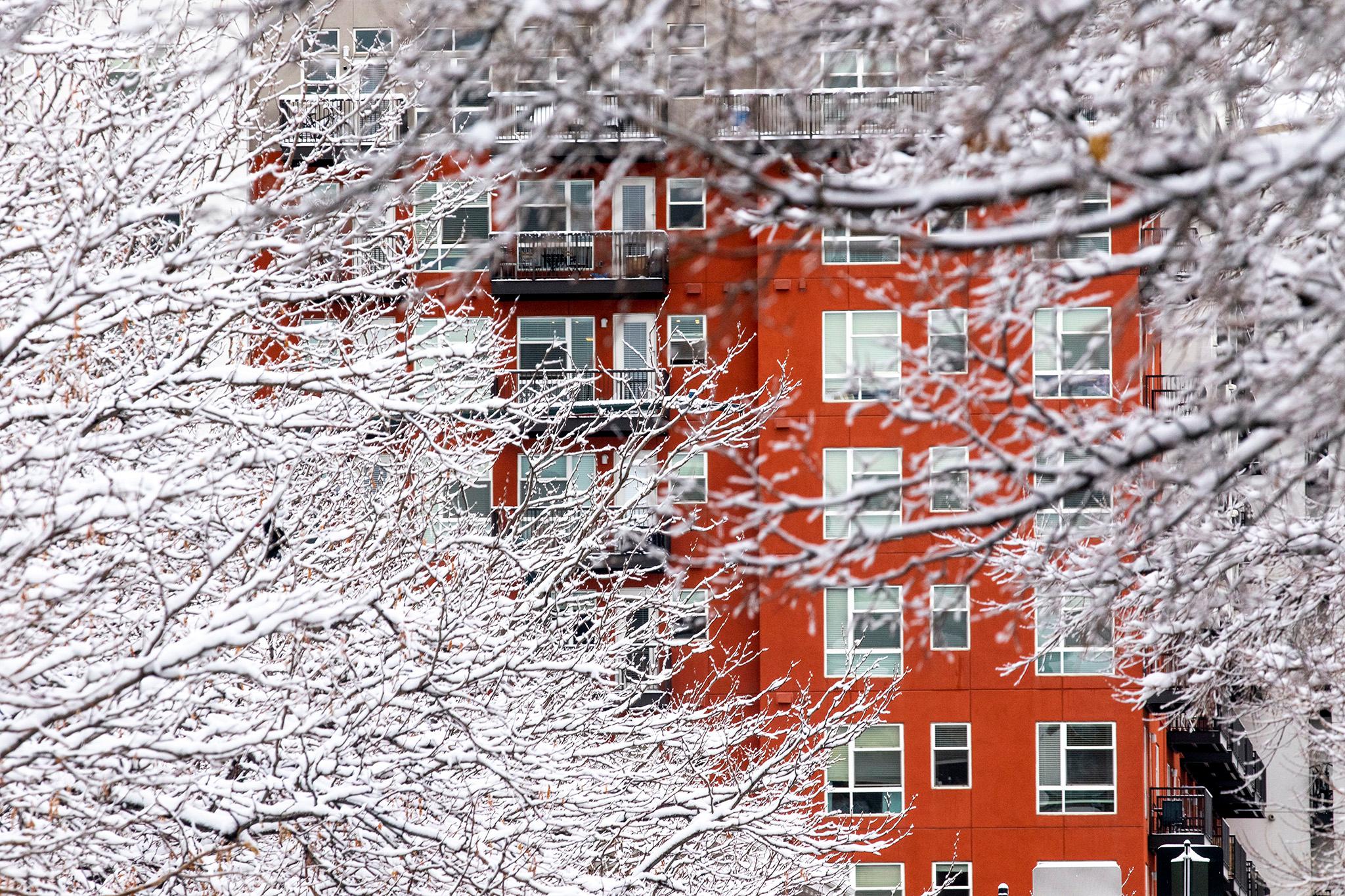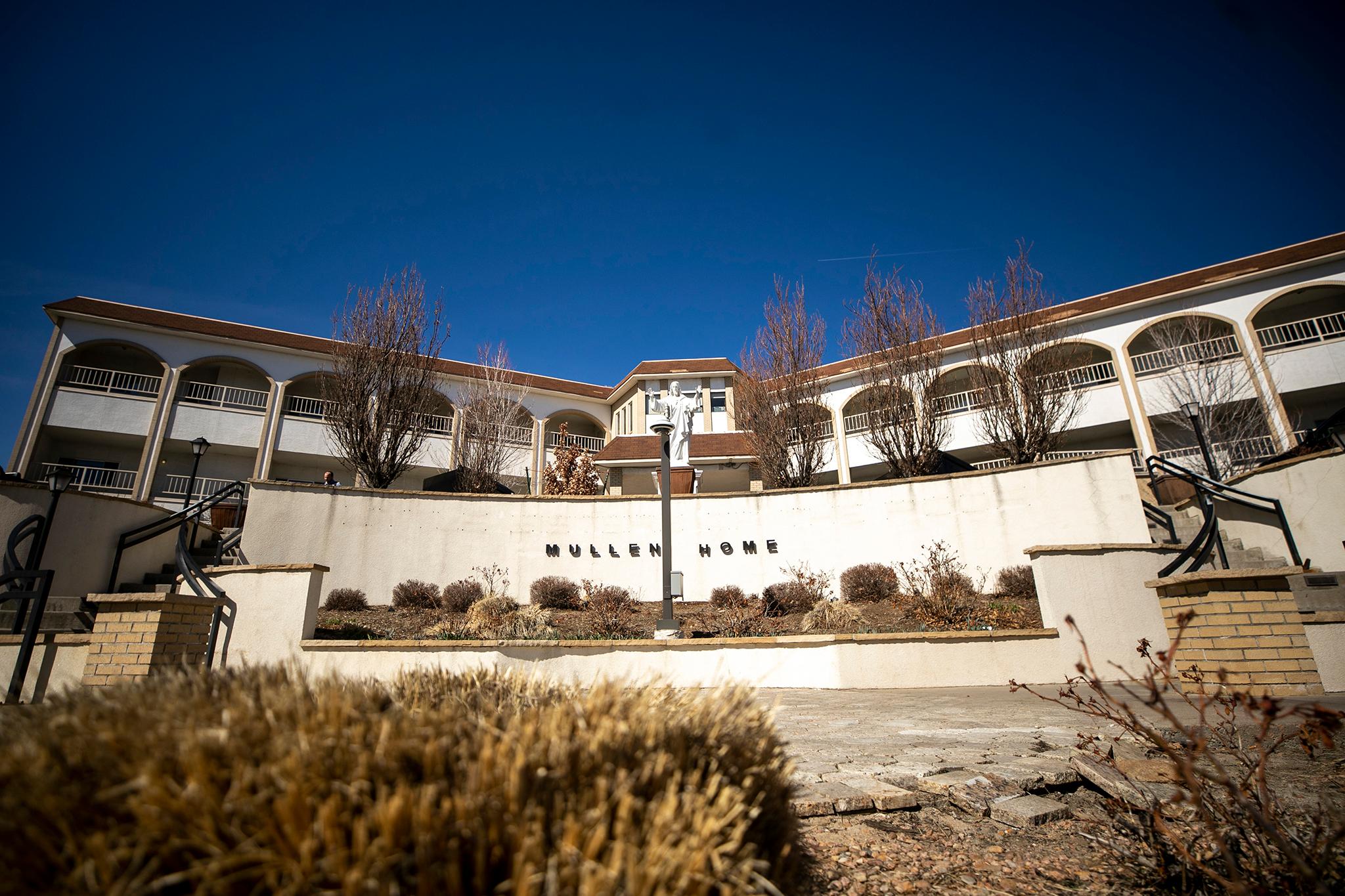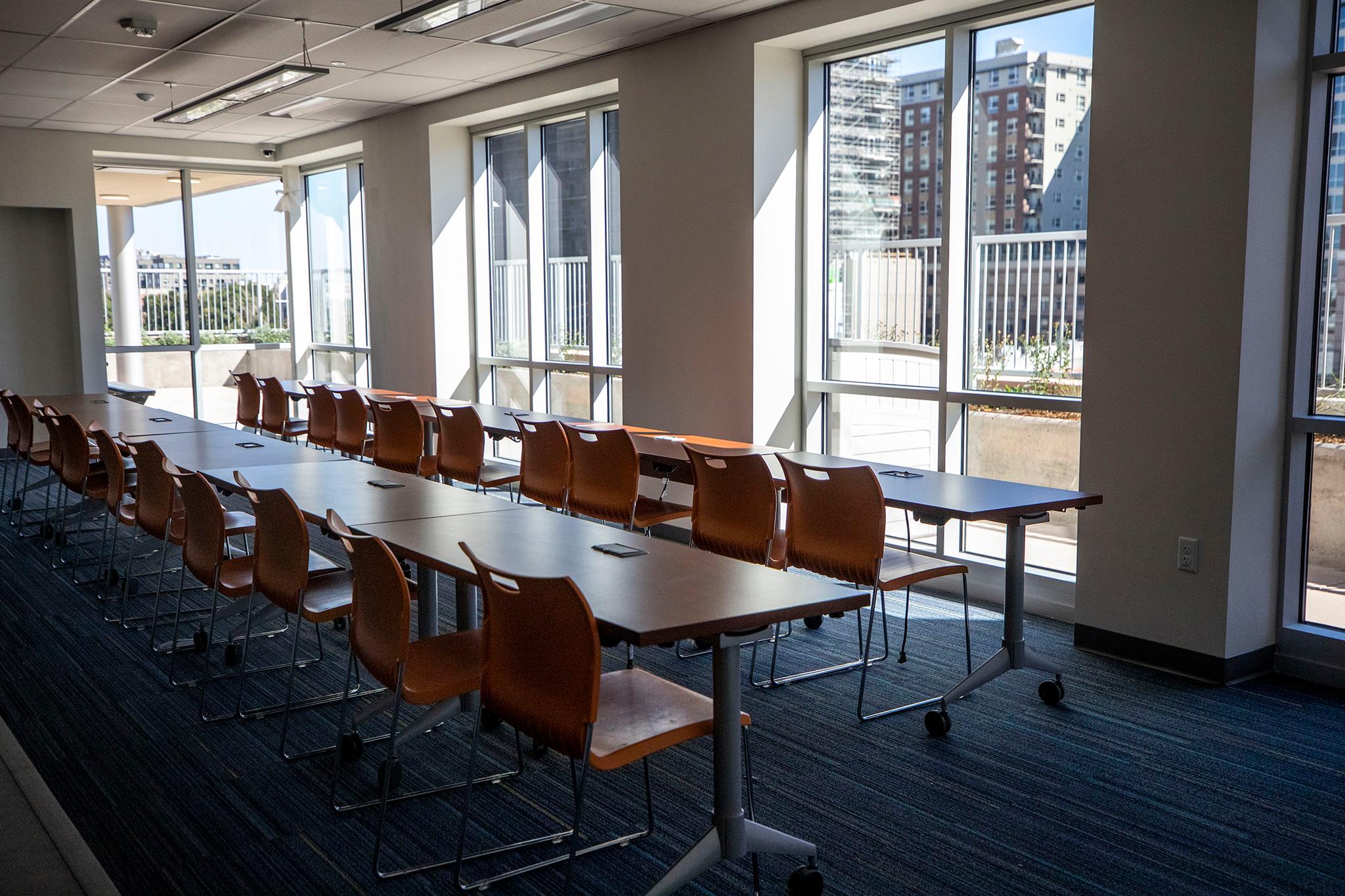The median home price in Denver leaped from $575,000 to $659,000 from January to February 2022, according to the Colorado Association of Realtors. That's nearly a 15% hike in one month.
The climb shocked realtors -- even after witnessing years of rising home costs.
Only an exodus would reverse Denver's housing price growth, said Denver realtor Carrol Rhead of CJV Real Estate, who is concerned about the city's widening gap between the haves and have-nots and how unaffordable this city has become.
Why are home prices shooting up at such a fast rate?
"It is the lack of inventory," Rhead said.
At the end of February, there were 1,486 single-family and 452 townhome/condo listings on the market, in the seven-county metro area, according to the Colorado Association of Realtors. That's a decrease of 50% and 71.6%, respectively, over the past year.
"We still have an influx of population into the metro area," Rhead said. "We have people who have moved here over the pandemic because it's a great place to be. And they've kind of put off their search because the market last year was so crazy and there were multiple offers over asking. I think some people just stalled their search, thinking, 'Well, next year is the year -- 2022.'"
Well, 2022 is here, things haven't slowed down, and a few other factors are playing into the frenzy to buy.
Median rent for one-bedrooms climbed 15% over the past year, according to Zumper. Longtime renters are looking to quit enriching landlords and instead build equity.
The threat of rising interest rates are pushing some people to buy now, said realtor Susie Helmer of Keller Williams Realty.
"Millennials are one of the biggest groups of homebuyers right now," she explained. "And a lot of them may be moving out of their parents' basement. You know, most of them are renters. So they're taking a home off the market, but they're not replacing it with one."
Among her own clients, Helmer's seen more grandparents move to town to spend time with their grandchildren.
More investors are getting into real estate.
Many of those have been encouraged to invest in real estate by online platforms like BiggerPockets, Rhead said.
"That's really taken off in the past year," Rhead said. "Those platforms have huge followings, and they continue to grow, and it's just a snowball. So you've got a lot of people that are trying to get their foot in the door of investment properties at this point."
Helmer has also seen the impact of big investors on the Denver real estate market who are making it impossible for everyday people to get in on the action. She points to the investment company BlackRock.
"They are scoping up large numbers of homes and competing with buyers who can't compete," Helmer said. "I had a listing last year that got 18 offers -- 4 were from investors who never stepped foot in the home. These companies just send offers blindly."
And those deep-pocket investors are driving up prices far above what assessors think homes are worth.
"A house is still worth what somebody is willing to pay for it," Rhead said. "And because of the lack of inventory, because of the number of buyers out there and the qualifications of those buyers, it's just going to continue to raise the market value."
High prices knock people with fewer means out of the market, and Denver, as a result, could become an even more unaffordable and homogenous place.
"Part of my disappointment is it's creating a bigger chasm between the haves and the have-nots," Rhead said.
While current homeowners will continue to amass wealth, "the people who are struggling to get their foot in the door, I think that struggle is just going to continue to get worse over the next year," she said.
Could all this be a bubble that's about to pop?
"I don't really think Denver is sitting on any type of bubble, again, because our population continues to grow," Rhead said. "We don't have new construction that's able to keep up. We were already sitting on a shortage. So that shortage is continuing. So that being a bubble of some grand adjustment, I don't see that happening. I think throughout the nation, there might be a little bit more of bubble-inflated market conditions, but not in Colorado."
She has one caveat: Prices could drop if people, unable to afford Denver, moved away.













